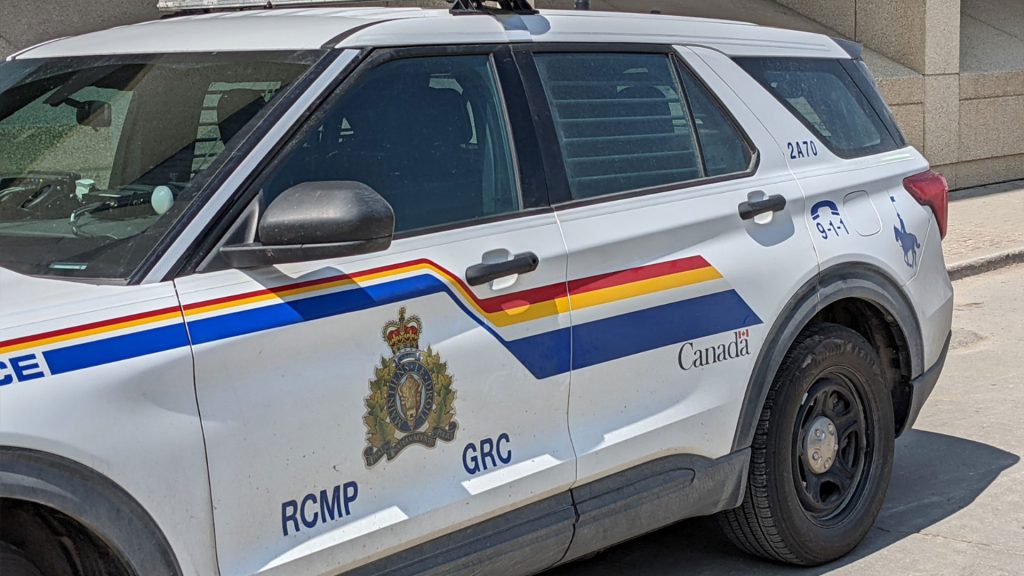
Millions of dollars that were allocated for First Nations and Inuit policing is going unspent says Auditor General Karen Hogan in her latest report to Parliament.
According to the audit, the cost of the First Nations and Inuit Policing Program is shared between Canada, the provinces and territories with Public Safety Canada taking the lead.
But Hogan found that the federal government “did not work in partnership with Indigenous communities to provide equitable access to policing services that were tailored to their needs.”
“Under the program, the Royal Canadian Mounted Police (RCMP) can be a service provider. We found that when this was the case, the RCMP did not work in partnership with Indigenous communities to deliver dedicated and tailored policing services that supplemented those provided under agreements with their respective province or territory.”
Hogan said in the report that although the amount of money spent on the policing program has “increased significantly” since the last audit in 2014, she again found “critical shortcomings” in the program’s management.
“Funds allocated to the program are going unspent, which is concerning in the context of a program intended to support the safety of Indigenous communities—we found that $13 million of program funds related to the 2022–23 fiscal year went unspent,” she said. “As of October 2023, Public Safety Canada was at risk of not disbursing over $45 million of funds for the 2023–24 fiscal year.”
According to the auditor general, Public Safety Canada, a department that has had two different ministers since the audit period started, “did not have an approach to allocate funds equitably to communities.”
“The department told us that it relied on the provinces’ or territories’ readiness to fund their share of the program and on the past funding received by communities to determine the amounts allocated. We also found a lack of consistent engagement and partnership with communities by the department.”
The audit found that the RCMP, which polices First Nations in rural Atlantic Canada and the Prairies, “did not consistently meet the terms of the community tripartite agreements.”
“For example, in our sample of 26 communities served by the RCMP under the program, we found that only 38% of these communities were served by RCMP detachments that noted that their officers could spend 100% of their time dedicated to the community as required,” said the audit. “We also found that because of staffing shortages, the RCMP has been unable to fully staff the positions for which it receives funding under the program’s agreements over the past 5 years, leaving First Nations and Inuit communities underserved.
Read the report here: First Nations and Inuit Policing Program
Hogan said neither the federal government nor the RCMP collected “sufficient information or analyzed the information collected to identify whether requirements set out in policing agreements were being met and whether the program was achieving its intended results.
“It is important to monitor and analyze data not only to meet the communities’ security and safety needs but also to support the self-determination of communities. Public Safety Canada’s poor performance measurement is a gap we also identified in 2014.”
Hogan concluded that Public Safety Canada’s and the RCMP’s actions “are not aligned with building trust with First Nations and Inuit communities and with the federal government’s commitment to truth and reconciliation.”
The First Nations and Inuit Policing Program was created in 1991 and is a shared responsibility of the federal government, provinces and territories. According to Canada, 52 per cent of the costs are picked up by Public Safety Canada while the provinces and territories share the other 48 per cent. The goal is to provide First Nations and Inuit communities with “professional, effective, culturally appropriate” services that are “accountable to the communities they serve.”
According to federal government, there are approximately 680 First Nations and Inuit communities in Canada and “All Canadians have a right to receive well-funded, culturally responsive, and respectful police services.”
Hogan said in 2021, “additional funding of more than $500 million was announced for Public Safety Canada to stabilize and expand the program, but limited expansion was achieved.”
“The RCMP is responsible for assigning dedicated officers to the First Nations and Inuit communities under the First Nations and Inuit Policing Program in addition to the provincial and territorial policing services provided under separate contracts. The RCMP was not able to fully staff positions funded by the program. In the 2022–23 fiscal year, 61 funded positions in community tripartite agreements remained vacant.”
Hogan is making five recommendations to the government and the RCMP including the need to “ensure that the First Nations and Inuit Policing Program is being delivered as required and is achieving the intended results,” and working with First Nations and Inuit communities “to develop and implement a renewed approach to the program.”










